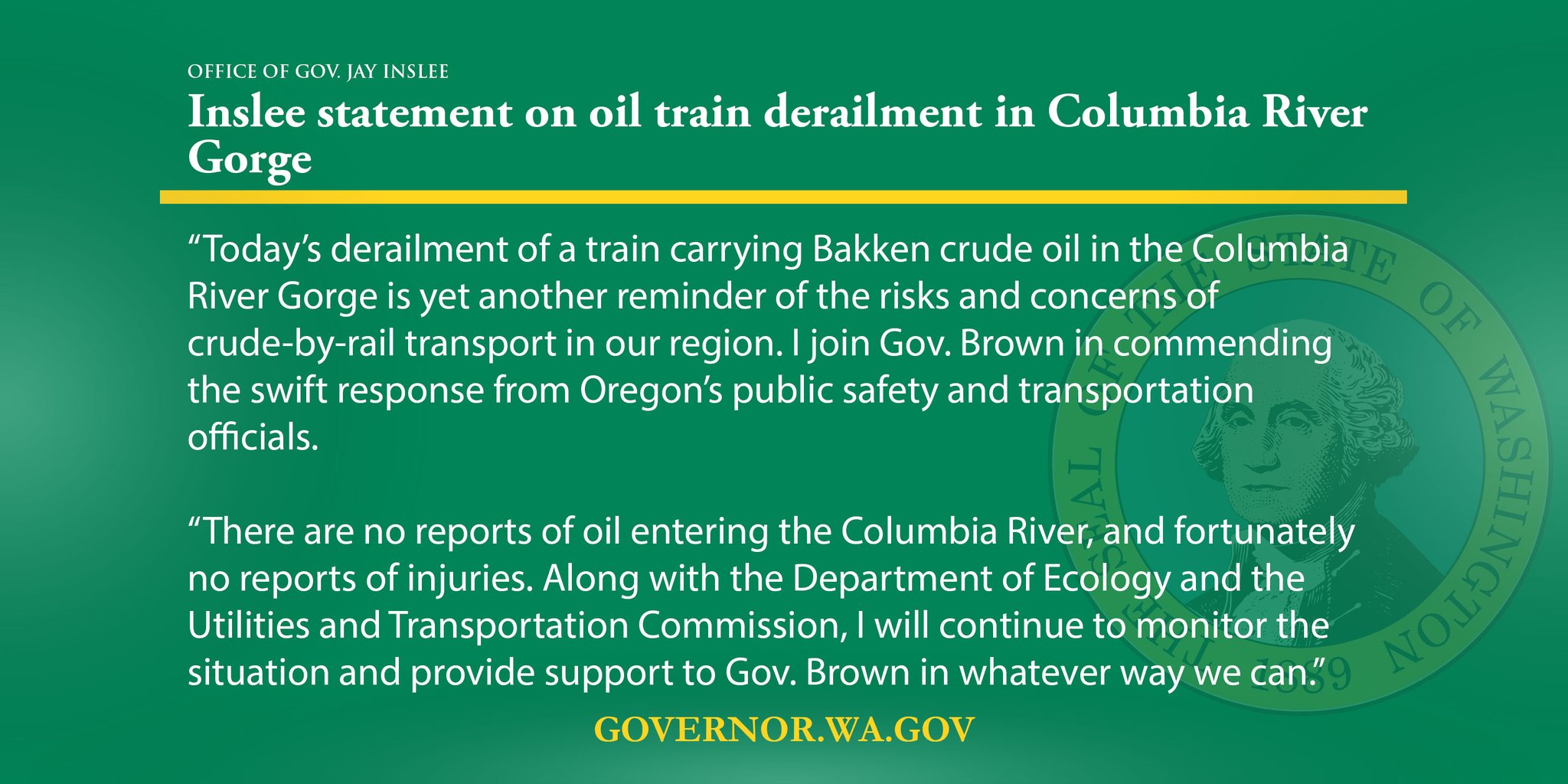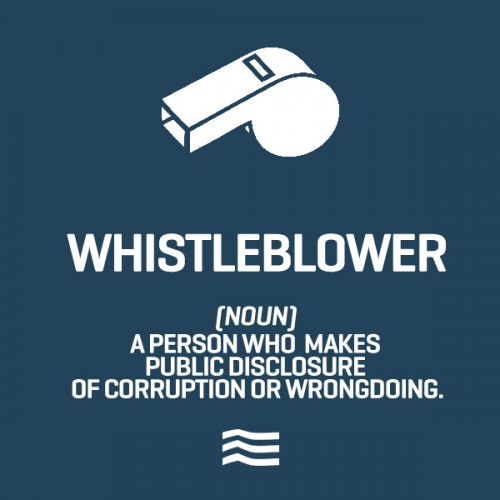Rail Cars derail in Central Park
The Daily World, Doug Barker
A train carrying grain to the Port of Grays Harbor derailed Tuesday afternoon in the Central Park area. There were no injuries and the train wasn’t in the immediate area of homes.
Thursday afternoon, workers were hauling rock to the site so that equipment could be brought in to lift the cars, said Josh Connell, general manager of the Puget Sound & Pacific Railroad. Eight of the 100 cars in the train derailed, he said, with six on their sides and two still standing. The site, which is about a half mile south of Central Park Drive and two miles east of the Grays Harbor Country Club, is not accessible by road and rail officials would not allow the press to walk on the rail right of way to reach the scene, saying it was dangerous while crews were working.
Connell said they expect to have track open sometime Sunday.
The posted train speed on that stretch of tracks is 20 mph and the train was travelling 17 mph when it derailed, he said. “There was no human error, the crew was doing what it was supposed to be doing according to our procedures,” he said.
Connell said cars used to inspect the condition of the track had been through the area recently, and the ties were replaced in that area in 2014. Once the cars are lifted off the track, the company will inspect the track and that might help determine the cause, he said.
The last derailment on the line was in December, caused by two teenagers playing “chicken” at rail crossings in Montesano.
There were 10 loaded grain cars at the tail end of the train that were not affected by the derailment. The 80-some cars to west of the derailment were taken to the Port and unloaded, Connell said.
Connell said rail officials immediately notified state officials, who notified federal officials. There was no issue of hazardous materials being spilled, he said.
Oregon train derailment spills oil, sparks fire
PORTLAND, Ore. (KOIN) — An oil train has derailed near the Columbia River Gorge town of Mosier.
Aaron Hunt with Union Pacific Railroad says 11 of the cars derailed. Oil spilled from at least one car and caught fire. It is still burning.
The 96-car train was carrying Bakken crude oil to Tacoma, from Eastport, Idaho. Bakken crude is known for being highly volatile.

A train that size weighs 13,000 tons and is 6,200 feet long, according to sources. No one was injured.
Silas Bleakley was working at his restaurant in Mosier when the train derailed.
“You could feel it through the ground. It was more of a feeling than a noise,” he said as smoke continued to billow from the tankers.
Bleakley said he went outside, saw the smoke and got in his truck and drove about 2,000 feet to a bridge that crosses the railroad tracks. There, he said he saw tanker cars “accordioned” across the tracks.
More links:
Seattle Times: Tacoma bound Oil train derails
KOMO News:
Oil train derailment, fire in Columbia Gorge evacuates Mosier schools; I-84 shut down









